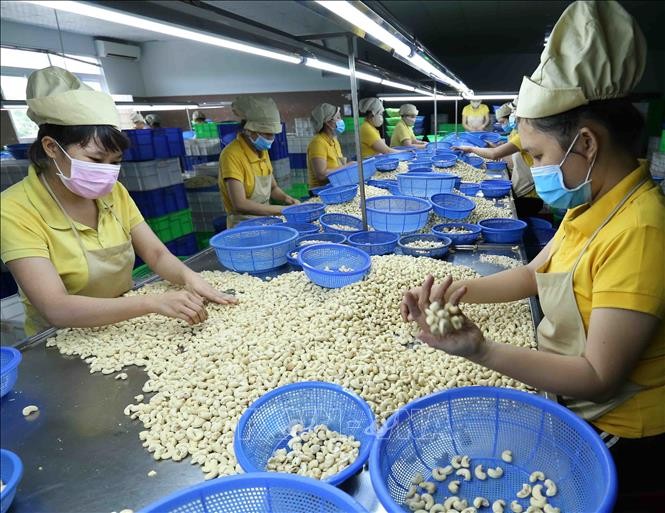
As one of the fastest growing export groups in the agricultural sector in recent years, Vietnamese fruits and vegetables have high expectations for expanding exports to the US market. However, President Donald Trump's announcement of a 46% reciprocal tax on Vietnamese exports has surprised businesses.
Mr. Nguyen Van Muoi, Deputy General Secretary of the Vietnam Fruit and Vegetable Association, said: The trade balance between Vietnam and the United States in the fruit and vegetable group is tilted towards the United States. Accordingly, in 2024, Vietnam exported 360 million USD to the United States but imported 540 million USD from the United States. In terms of market share, currently imported fruits and vegetables from Vietnam only account for 1.2% of the total annual fruit and vegetable import turnover of the United States. Meanwhile, US products account for more than 20% of the total fruit and vegetable import turnover of Vietnam. Thus, it can be seen that the impact of Vietnamese fruits and vegetables on the US market is insignificant. Meanwhile, US fruits and vegetables are dominating in Vietnam.
According to Mr. Nguyen Van Muoi, the types of fruits and vegetables from Vietnam and the United States do not compete directly with each other. While Vietnam exports tropical fruits and vegetables to the United States, on the contrary, US products are mainly temperate. The potential and room for the two sides to continue promoting trade in this group of products is still large. Although the specific tax rates for each item will not be known until April 9, the fruit and vegetable industry still hopes that the corresponding tax rate, if any, will be lower than those of items with a large trade deficit.
Cashew nuts are one of the agricultural products with a fairly large export turnover to the United States and are also Vietnam's leading export commodity in the world. Mr. Vu Thai Son, Chairman of Binh Phuoc Cashew Association, General Director of Long Son Company, said that businesses are very worried and passive because the announcement from the United States is too unexpected. In 2024, when cashew exports first surpass the 4 billion USD mark, the United States will be the largest market with a turnover of more than 1 billion USD, accounting for more than 20% of the market share. In this context, if the United States imposes high reciprocal taxes, it will greatly affect the processing and export activities of the cashew industry.
After receiving information about the reciprocal tax policy, businesses have contacted customers in the United States, informing them of the delivery plan to see their reaction. However, the response from customers is still unclear, some importers set conditions if Vietnamese businesses open customs declarations and put goods on board before April 9, they can deliver. Some other customers need more time to have more specific information before making a decision.
According to Mr. Vu Thai Son, both the seller and the buyer have to wait and listen for information, but the cashew nut and raw cashew markets have both reacted in the direction of price reduction. If high reciprocal taxes are imposed, cashew exporting enterprises cannot immediately switch to other markets because most cashew processing enterprises are small and medium-sized. The United States not only has a large market size but also has quality requirements that are very suitable for Vietnam's cashew processing capacity.
"With many years of experience working with US partners, I know that in this country, cashew nuts are classified as essential goods along with chicken and eggs; import tax and retail tax on cashew nuts are both at 0%. In addition, President Donald Trump's goal when imposing reciprocal taxes is to reduce the trade deficit but still want to control inflation, limiting the impact on people's lives. Therefore, the cashew industry will have certain advantages, if reciprocal taxes are imposed, they will be much lower than the general tax rate," Mr. Vu Thai Son expressed optimism.
However, to meet the "reciprocity" goal of the US government, Mr. Vu Thai Son proposed that in the upcoming negotiation process, the Vietnamese Government can apply a clever way by reducing import tax on some types of US nuts such as almonds, pistachios, etc. Previously, these nuts had an import tax of 15%, by last March it had been reduced to 5%, now it could be 0%. In fact, the demand for these nuts in Vietnam is not much, and it does not directly affect the cashew industry.
From an expert perspective, Dr. Do Thien Anh Tuan, Lecturer at the Fulbright School of Public Policy and Management Vietnam, said that imposing high reciprocal tariffs could be a way for the Trump administration to put pressure on countries to quickly sit at the negotiating table and provide a clear roadmap for balancing trade with the United States.
In the current urgent situation, negotiation is the key to solving the challenge. With the goal of harmonizing the interests of the two countries, Vietnam must have a parallel solution, showing goodwill both at the negotiating table and in practice. For example, tax exemption and reduction of most-favored-nation tax on some US products. The current average most-favored-nation tax is from 9.4 - 9.7%, we can reduce it further. Some other products such as agricultural products, temperate products of the US have a lot of room for further tax reduction because they are not completely competitive with Vietnamese agricultural products. In addition, there are high-priced US products that only serve a certain customer segment.
According to Dr. Do Thien Anh Tuan, the reduction of tariffs on US goods is of great significance in terms of policy; it shows the spirit of cooperation and Vietnam's efforts in reducing the trade balance gap. Another issue that the Trump administration is concerned about with imported goods from Vietnam is the origin and transit of goods. Therefore, in the upcoming negotiation process, the Vietnamese Government needs to clearly demonstrate its goodwill to make the origin and trade data transparent. The negotiation of reciprocal tariffs is linked to the roadmap for negotiating the Vietnam - US Free Trade and Investment Agreement with the goal of bringing trade and investment relations to a higher level, more balanced and sustainable according to the new perspective and perception of the two governments.
"In parallel with negotiations to solve immediate problems, we must have a long-term response strategy in different forms. Diversifying import sources and increasing purchases of US products to upgrade technology will be a multi-target arrow. Not only creating a more balanced position in trade with the US, this is also an opportunity and motivation for Vietnam to upgrade and gradually eliminate old and outdated technologies. Further, when Vietnam's technology level is higher, the quality of products will be better, it will be easier to access other markets, reducing dependence on certain areas. However, to do this, there must be support from the State through preferential interest rate and credit policies for enterprises innovating technology," Dr. Do Thien Anh Tuan proposed a solution.
Source: https://baolaocai.vn/ky-vong-muc-thue-doi-ung-thap-nhat-voi-nong-san-viet-post399780.html


![[Photo] Overcoming all difficulties, speeding up construction progress of Hoa Binh Hydropower Plant Expansion Project](https://vstatic.vietnam.vn/vietnam/resource/IMAGE/2025/4/12/bff04b551e98484c84d74c8faa3526e0)

![[Photo] Closing of the 11th Conference of the 13th Central Committee of the Communist Party of Vietnam](https://vstatic.vietnam.vn/vietnam/resource/IMAGE/2025/4/12/114b57fe6e9b4814a5ddfacf6dfe5b7f)




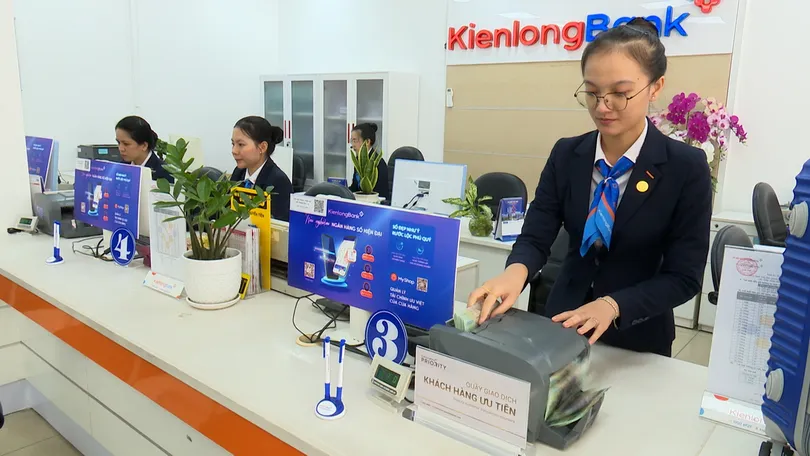
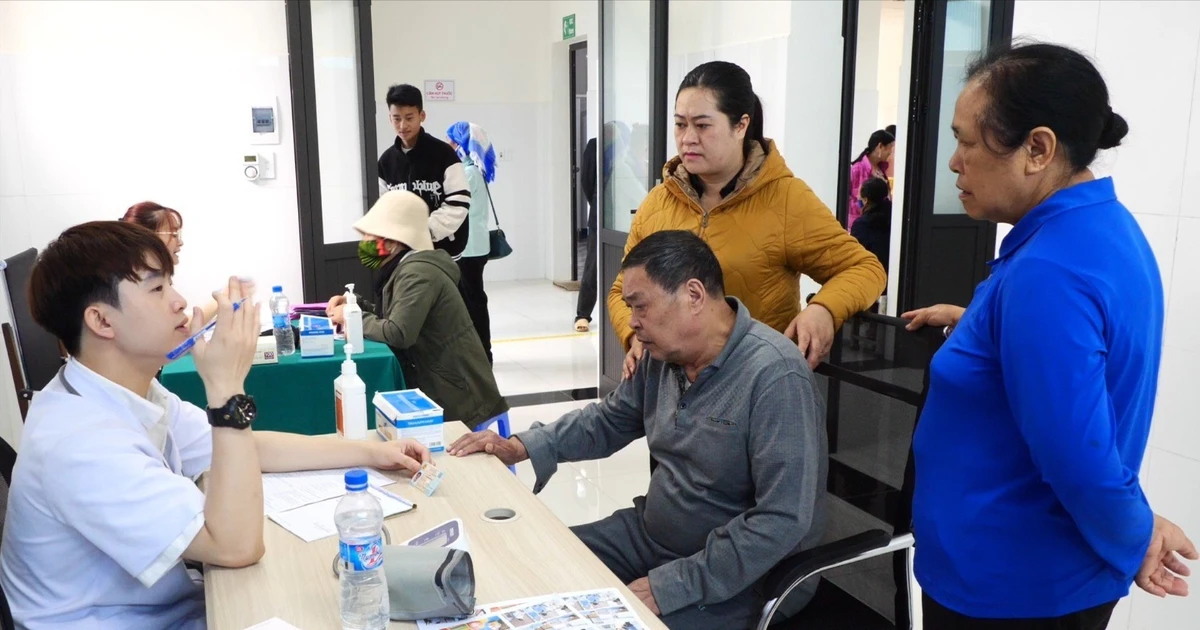
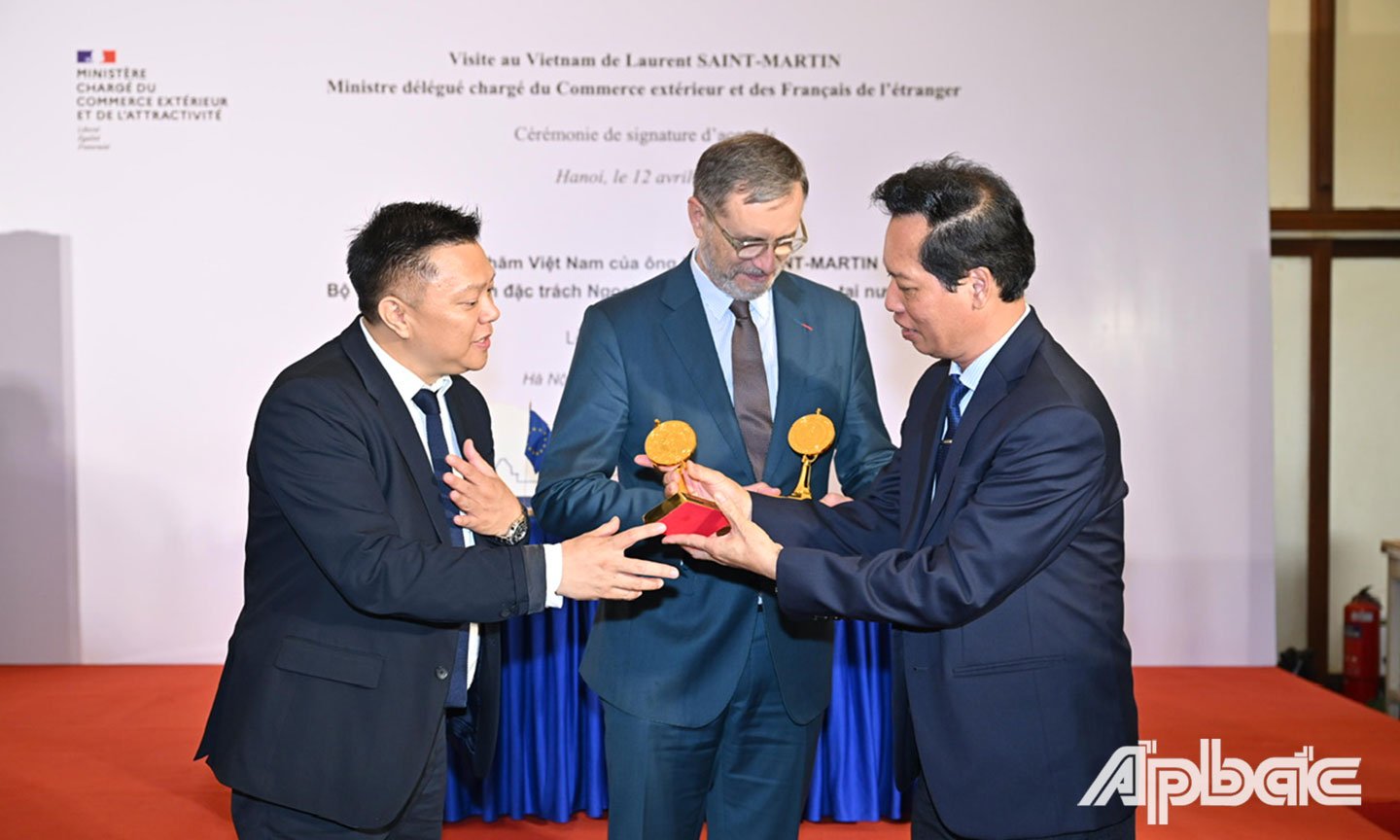
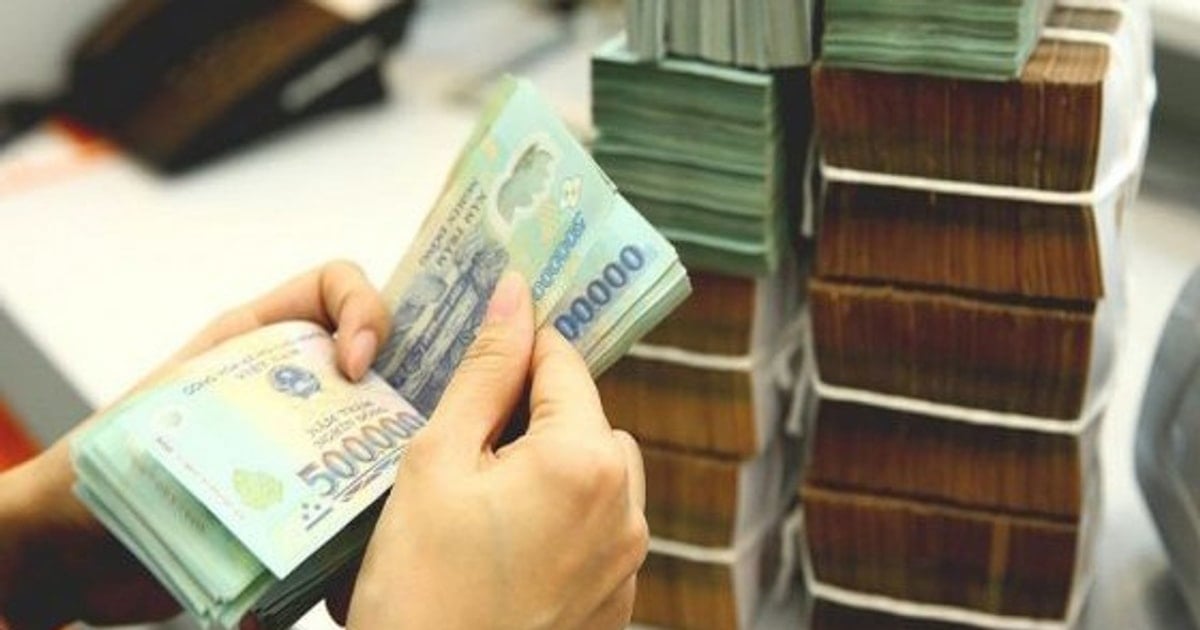





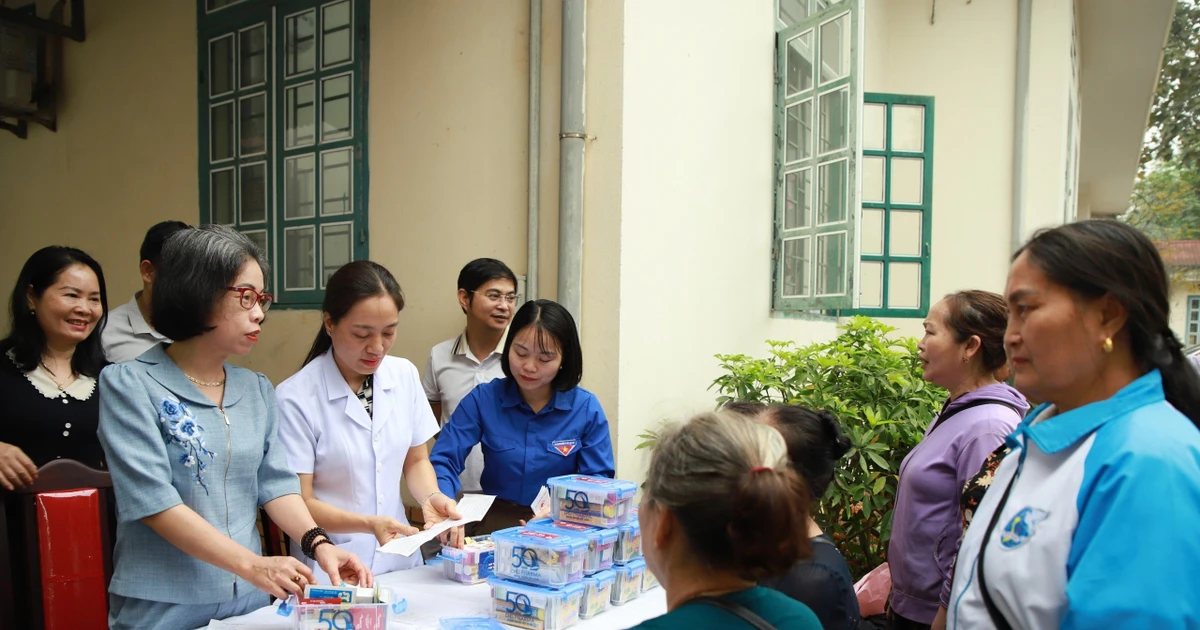
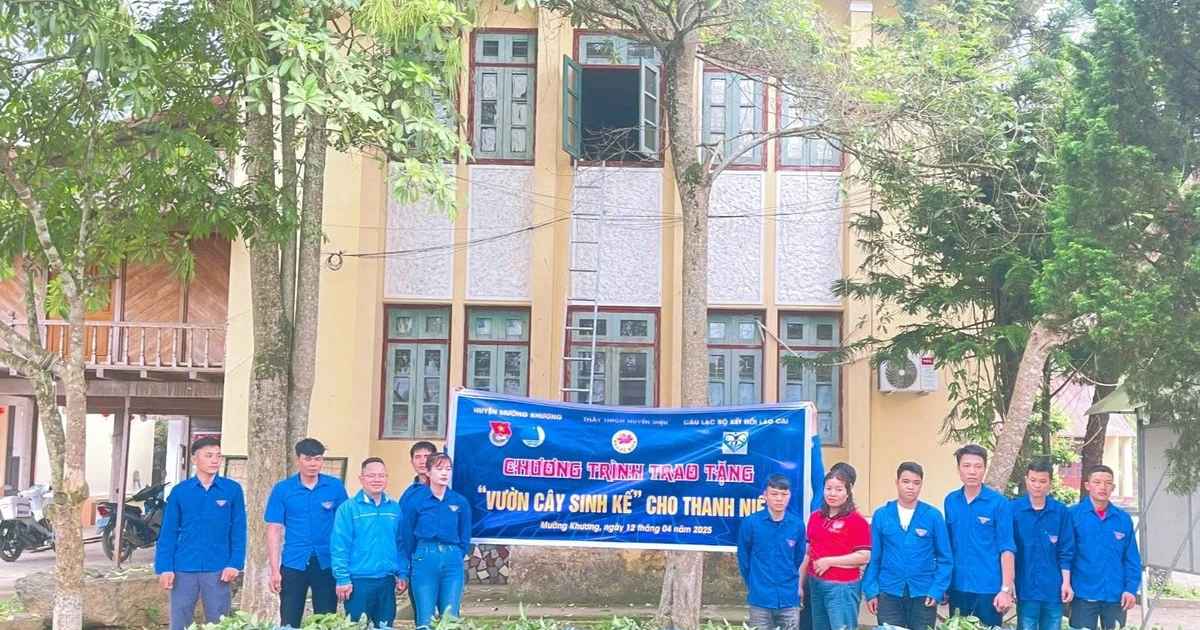
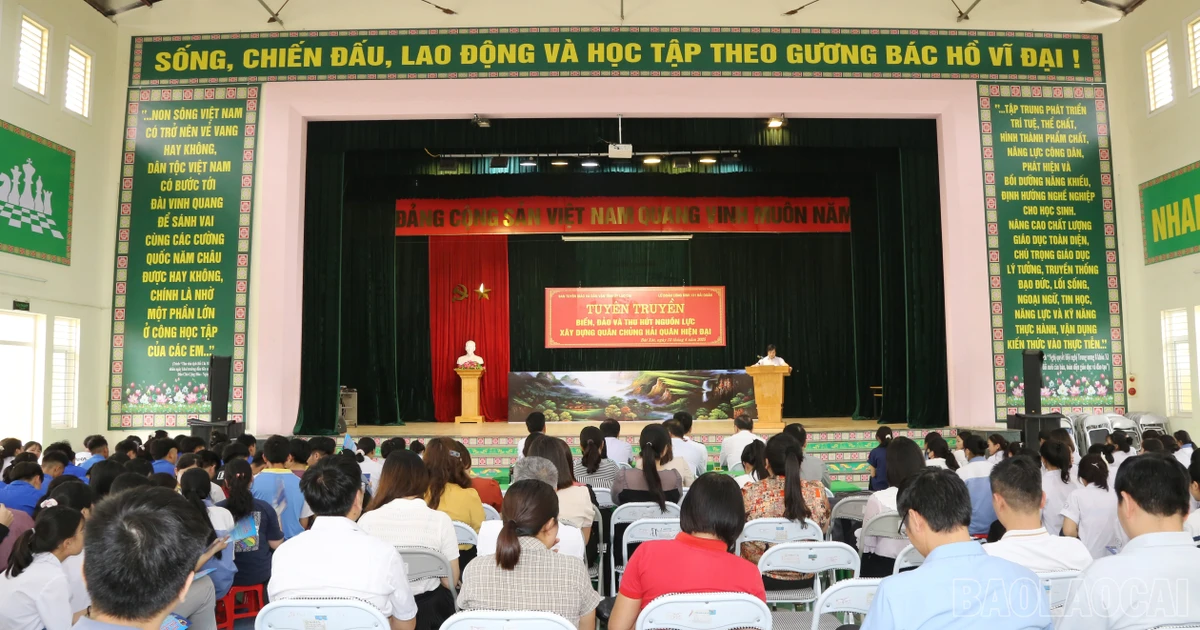
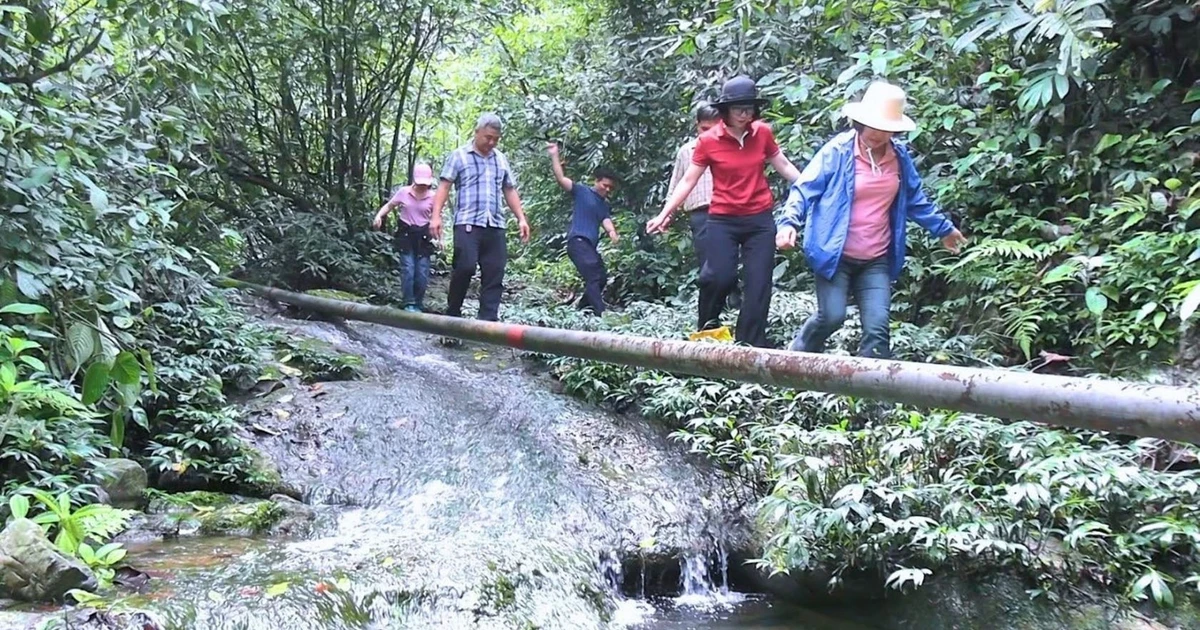
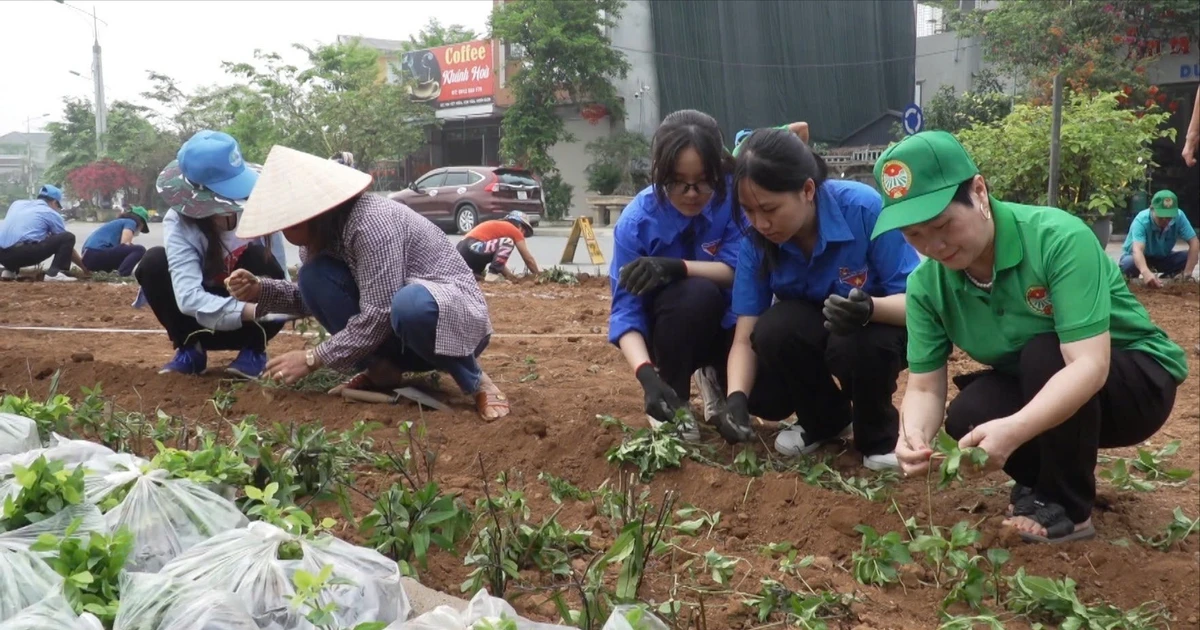
















































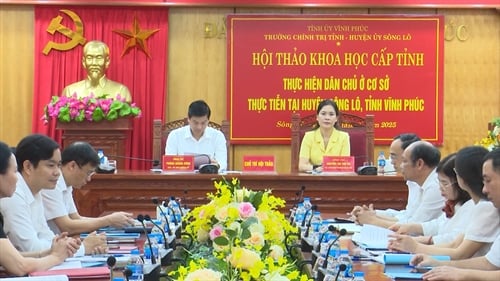
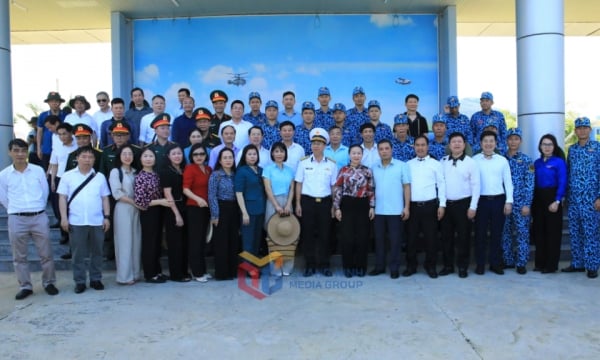











Comment (0)